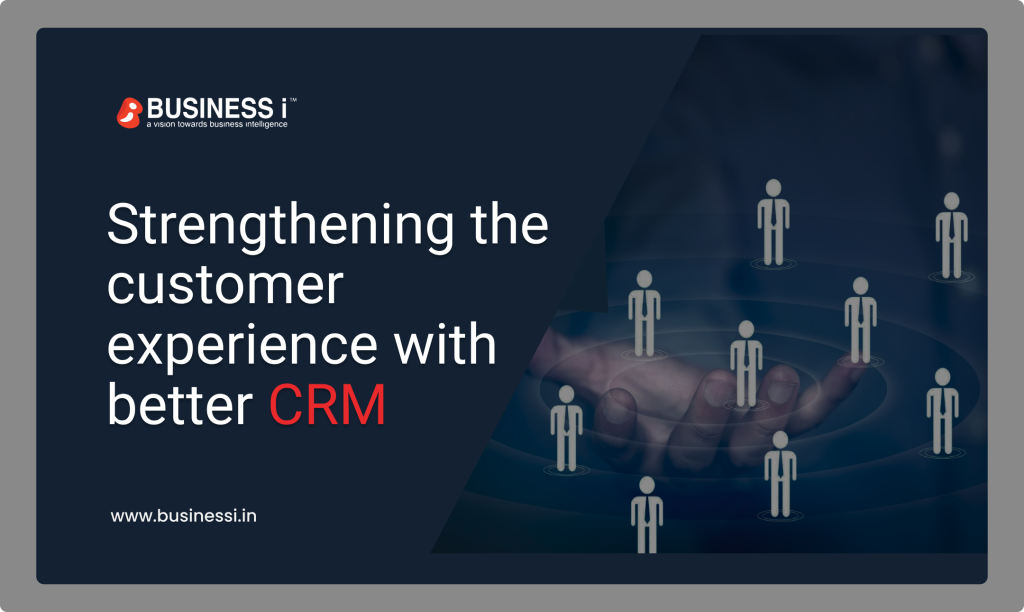Strengthening the Customer Experience with Better CRM
Introduction
In today’s highly competitive business landscape, organizations are realizing the paramount importance of delivering exceptional customer experiences. One of the key tools enabling this is Customer Relationship Management (CRM) software. A robust CRM system empowers businesses to understand their customers better, foster stronger relationships, and ultimately enhance the overall customer experience. In this blog, we will explore how businesses can leverage better CRM practices to strengthen their customer experience, thereby gaining a competitive edge in the market.
Comprehensive Customer Data Management
Effective CRM implementation begins with the collection and management of comprehensive customer data. By capturing and consolidating customer information from various touchpoints, businesses can develop a 360-degree view of their customers. This data encompasses preferences, purchase history, communication interactions, and feedback.
With this knowledge at their fingertips, organizations can tailor their products, services, and marketing efforts to meet individual customer needs. Personalized experiences not only enhance customer satisfaction but also foster loyalty and drive long-term business growth.
Streamlined Sales and Service Processes
CRM systems play a vital role in streamlining sales and service processes. By integrating sales, marketing, and customer service functionalities, businesses can create a cohesive and efficient workflow. Sales teams can easily access customer profiles, track interactions, and identify upselling or cross-selling opportunities.
Meanwhile, customer service representatives can provide timely and accurate support, as they have instant access to customer history and preferences. Such streamlined processes eliminate redundancies, reduce response times, and ultimately enhance the customer experience.
Automation and Personalization
Automation features in CRM software enable businesses to deliver personalized experiences at scale. By leveraging automation tools, organizations can trigger personalized emails, notifications, and follow-ups based on customer behavior or milestones. Automated processes not only save time but also ensure that customers receive relevant information or offers at the right time.
Furthermore, CRM systems can provide intelligent recommendations and suggestions, helping businesses tailor their offerings to individual customers’ preferences and increase the likelihood of conversion. The combination of automation and personalization significantly enhances the customer experience by making interactions more relevant, timely, and engaging.
Proactive Customer Support
CRM systems empower businesses to take a proactive approach to customer support. With real-time data and insights, organizations can identify potential issues or bottlenecks and address them before they become major problems. For example, by monitoring customer complaints or feedback, businesses can swiftly identify patterns and implement necessary improvements to enhance product quality or service delivery.
Furthermore, CRM software allows businesses to track and analyze customer sentiment, enabling them to respond promptly to negative feedback and turn a dissatisfied customer into a loyal advocate. By being proactive and responsive, organizations can create a positive customer experience and foster long-term loyalty.
Conclusion
In an era where customer experience is paramount, businesses must prioritize the implementation of effective CRM systems. By leveraging Business i CRM the power of comprehensive customer data management, streamlined processes, automation, personalization, and proactive customer support, organizations can enhance the overall customer experience.
Business i CRM system helps businesses understand their customers better, deliver personalized experiences, and build long-term relationships based on trust and loyalty. By investing in better CRM- Business i practices, businesses can gain a competitive edge, drive customer satisfaction, and ultimately achieve sustainable growth in today’s dynamic market landscape.


